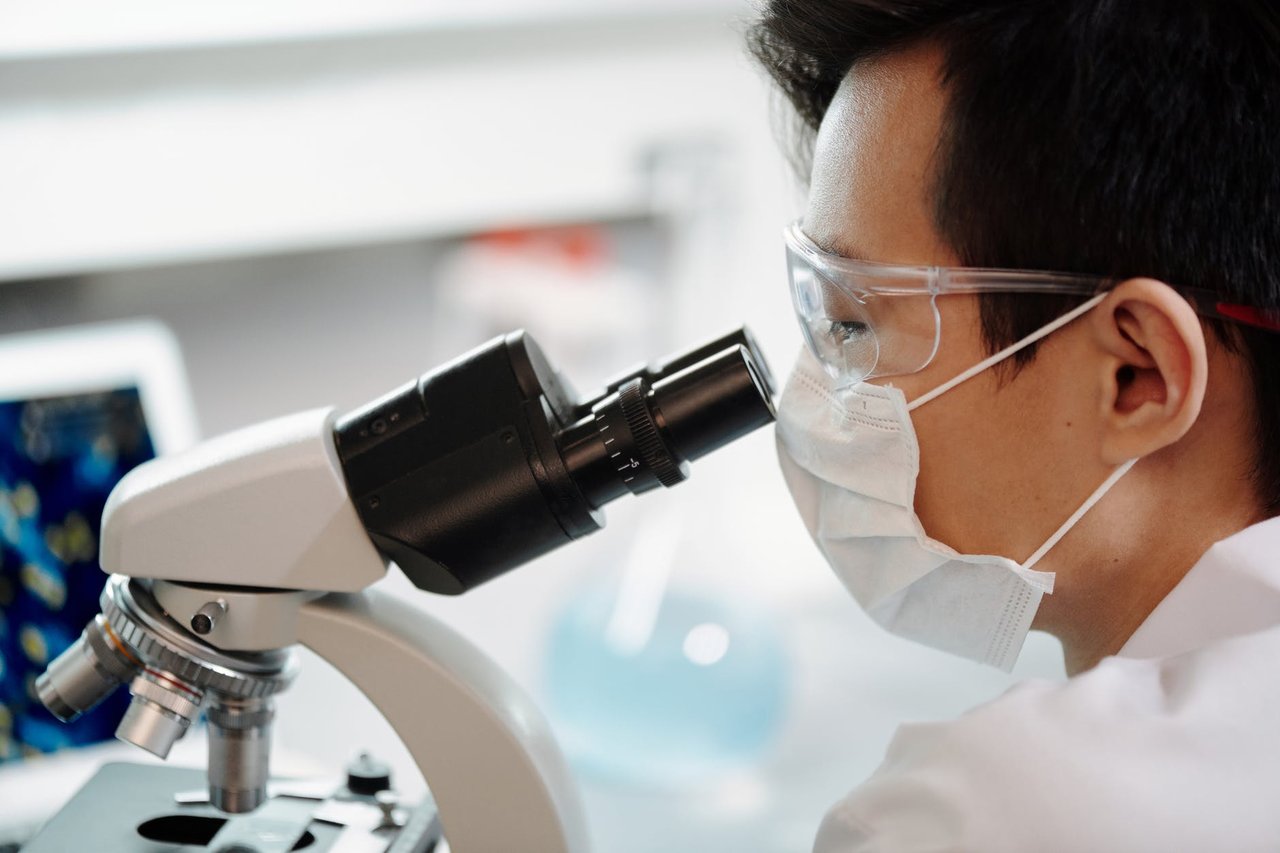Using Artificial Intelligence During the COVID-19 Battle
For medical professionals, the use of artificial intelligence (AI) during the Coronavirus pandemic transforms their operations in catering the masses’ need for healthcare and flattening the curve at the same time.

Read Next: Artificial Intelligence: What is AI and Where We are
As of this writing, hospitals and clinics are swamped with patients without an initial knowledge of their medical backgrounds and travel histories, making it hard to trace COVID-19 positives from people with less -serious conditions.
Experts are scrambling to leverage the power of AI in easing the overwhelming number of people who need medical attention. Through this advanced technology, they would be able to gauge a patient’s risk of being infected and isolate them from the crowd.
Leveraging AI in Times of Pandemic
Tracking and Tracing
Hospitals are trying a different approach in addressing patient concerns today. To lessen physical contact, thermal scanners are placed at building inu entrances to detect visitors who display symptoms of COVID-19. The scanners take a quick facial scan and pick up any manifestation of the virus.
Automation of hospital processes is also feasible because of Robotic Process Automation’s (RPA) integration with AI. CT scans and other diagnostic tests can be performed using robots, reducing the contact between physicians and infected patients.
AI has successfully transformed resource utilization during this crisis. Through this data-driven technology, medical professionals are given the hindsight of the patient’s condition and stratify them as high-risk or low-risk ones.
Complementing Decision Making
The recent years witnessed the breakthrough of AI across all industries. The use of artificial intelligence in business significantly made processes more efficient and generated more revenue for growing firms. As such, the presence of AI technology in the health care sector posed a great deal of opportunity in curbing the spread of COVID-19.
AI machines are fueled by information. Data such as basic background, medical history, and even household composition are used to gain an insight into the health risks of a patient. With RPA feeding the information in an AI algorithm, doctors can confidently make sound decisions informed by data.
Digitalizing Processes
Using the power of artificial intelligence during the COVID-19 pandemic helps the US slow down the contagion. As the country’s health care resources grow more scarce, the number of COVID-19 cases will continue to soar. Record-high cases demand adoption of a fully digitized system that can keep up with the confirmed COVID-19 patients.
Human labor alone does not suffice in addressing the pandemic threats. To keep up with the exponential increase of the contagion, digitalizing the system is crucial. Proper integration of AI and RPA in the medical industry creates a more streamlined process in addressing patient concerns. These solutions include the introduction of AI bots and intelligent robots to perform simple tasks at hand.
However, the deployment of AI functions in the medical sector is still dependent on human decision-making. The cognitive responses of medical experts are still irreplaceable by smart machines and algorithms. The right balance between technology and expert insights will unmask the pattern of this pandemic.
During the COVID-19 health crisis, the use of artificial intelligence became a weapon in creating a system that caters to the need for an alternative to traditional processes. The deployment of technology significantly lifts the burden off the health sector and provides fast and reliable solutions.



